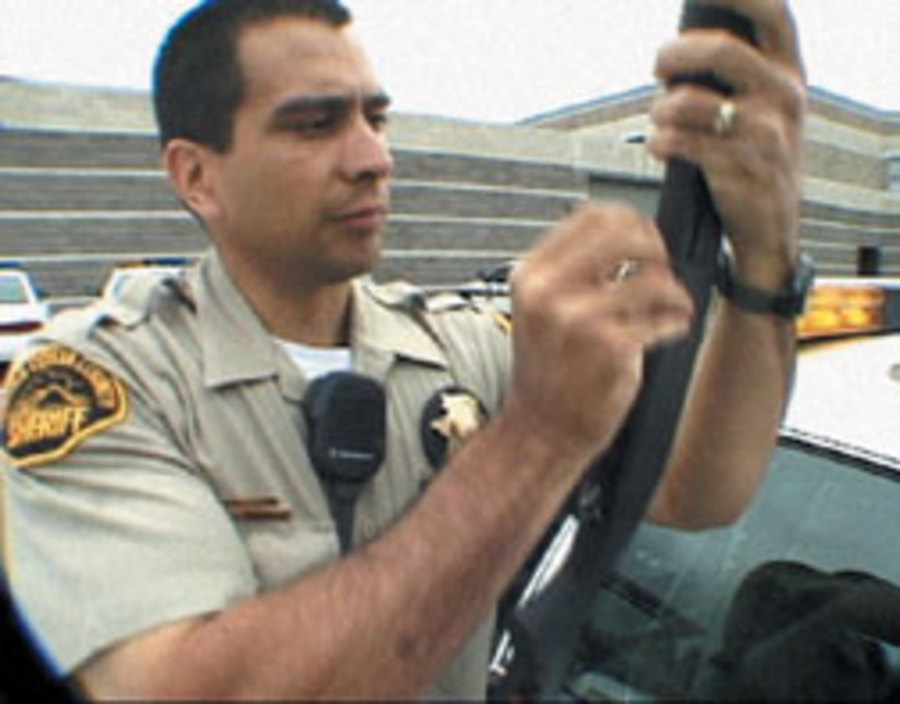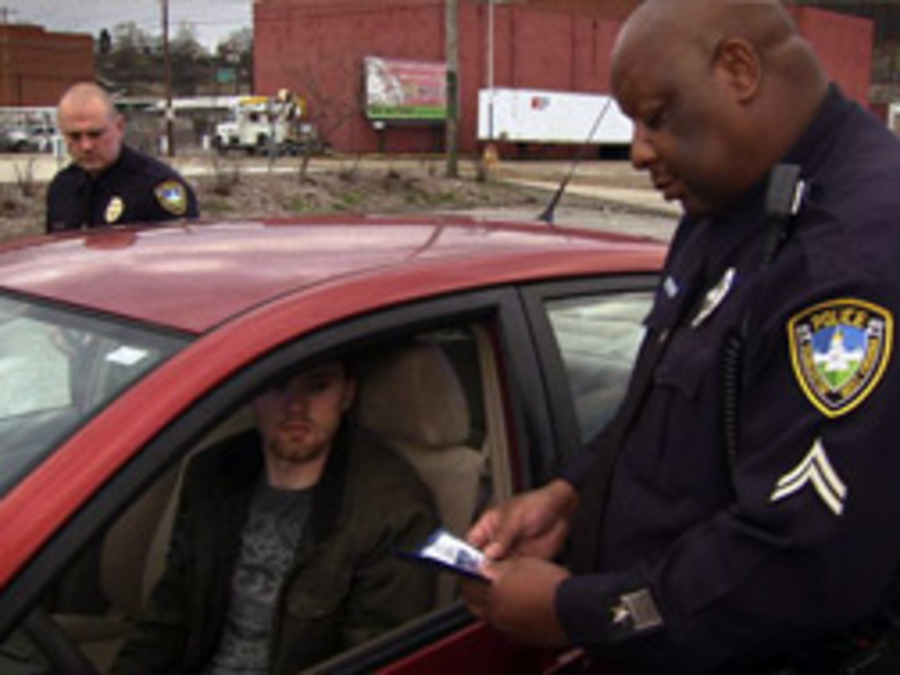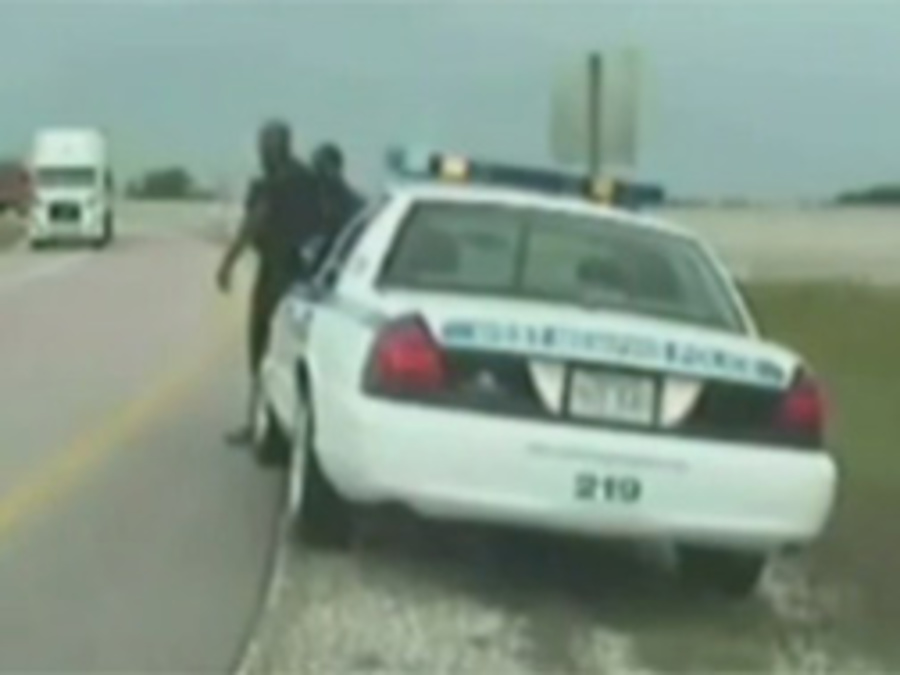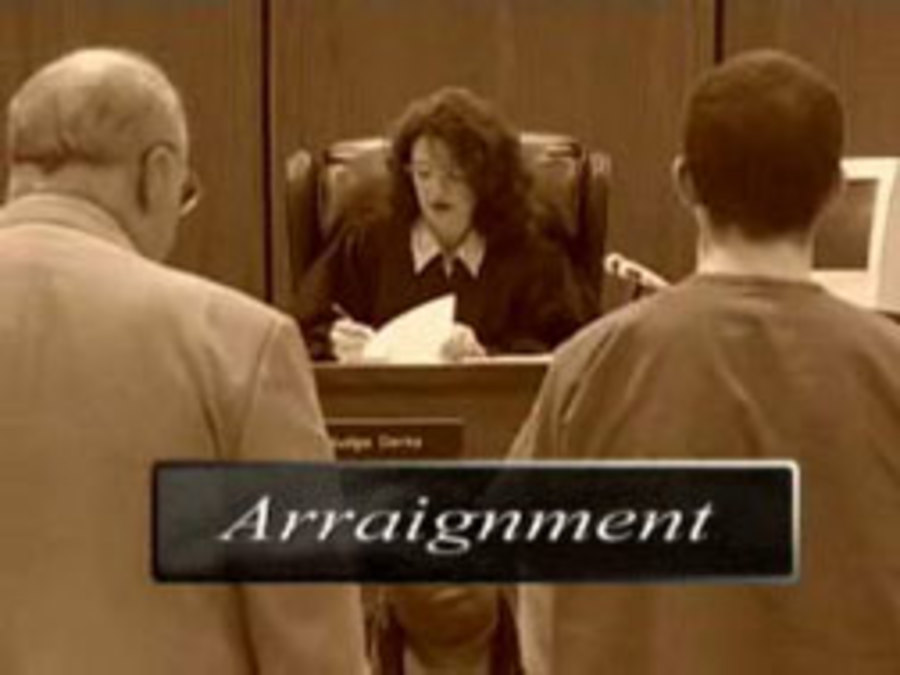 Try these videos to get started. Must be on campus or login with your COM account for off campus access.
Try these videos to get started. Must be on campus or login with your COM account for off campus access.
Want more on finding media? Try Articles & Media.
-
Careers in Criminal Justice
Job opportunities in criminal justice are on the rise. This program looks at a number of different occupations, ranging from entry-level positions to those requiring a four-year degree. (22 minutes)
-
Crime, Law, and Enforcement: Due Process (32:06)
From minor infractions to identity theft and murder, this program sorts out categories of crimes and their severity, and lets viewers know what takes place during an arrest and arraignment. With input from prosecutors, police officers, and other experts, the video also discusses some fairly common scenarios and their constitutional parameters. Can a student’s locker be searched without permission? When is evidence found without a warrant admissible in court? Should a suspect—even one who is innocent—“plead the Fifth” if arrested? A viewable/printable instructor’s guide is available online.
-
In the Line of Duty Series (12 Titles)
In the Line of Duty documents critical moments in law enforcement and police protection, as a means of education and training. Programs in Volume 13 include Amber Alert Pursuit by Collinsville Officer; Walgreen's Groundfight—Officer Robert Hindi; Goose Creek Chase and Shootout; Domestic Violence—The Response; Domestic Violence—The Prosecution; Cops and Ethics; Fort Oglethorpe OIS Proves Fatal; Terror—What Every Officer Should Know; Pitbull Fighting and Horse Abuse—What Every Officer Should Know; Groundfight in Middletown, Ohio; South Carolina Trooper Shot; and Traffic Stops of Sovereign Citizens. Contains graphic crime-related violence. Some language may be offensive. 12-part series, 25–40 minutes each.
-
Law and Order: An Inside View of the Criminal Justice System, 2 Part Series
The Constitution provides for an impartial criminal justice system. In this two-part series, lawyers, prosecutors, judges, and police officers move through the entire process of jurisprudence, from investigation and arrest procedures to courtroom proceedings and sentencing. Differences applicable to juvenile law are made clear. These videos provide an excellent resource for political science or legal studies courses. A Cambridge Educational Production. 2-part series, 28-30 minutes each.
-
Police Body Cams (6:02)
DESCRIPTION
The use of police body cameras has become much more widespread in recent years with the hope that they will curb police violence and improve accountability. But a new investigation by ProPublica and The New York Times Magazine found it can often take months or years before the video is released, if at all. In this NewsHour production, William Brangham discussed more with Eric Umansky of ProPublica.
-
The Tragic Death of Benji Cevera: What Every First Responder Needs to Know (44:25)
Description
Designed for training law enforcement and other first responders, this program looks at the case of a 4-year old boy who died from starvation just days after officers were called to his home for a welfare check. Despite two black eyes, bones protruding, and bruises, the officers left and filed a report with Child Protective Services. What went wrong? The video emphasizes the importance of being skeptical in favor of the child and documenting everything and using a bodycam and provides tips for interviewing an abused child, the child's parents/guardians, asking hard questions while remaining professional, and dealing successfully with Child Protective Services. It also explains what words from a child can be big red flags.
![]() Try these videos to get started. Must be on campus or login with your COM account for off campus access.
Try these videos to get started. Must be on campus or login with your COM account for off campus access.




